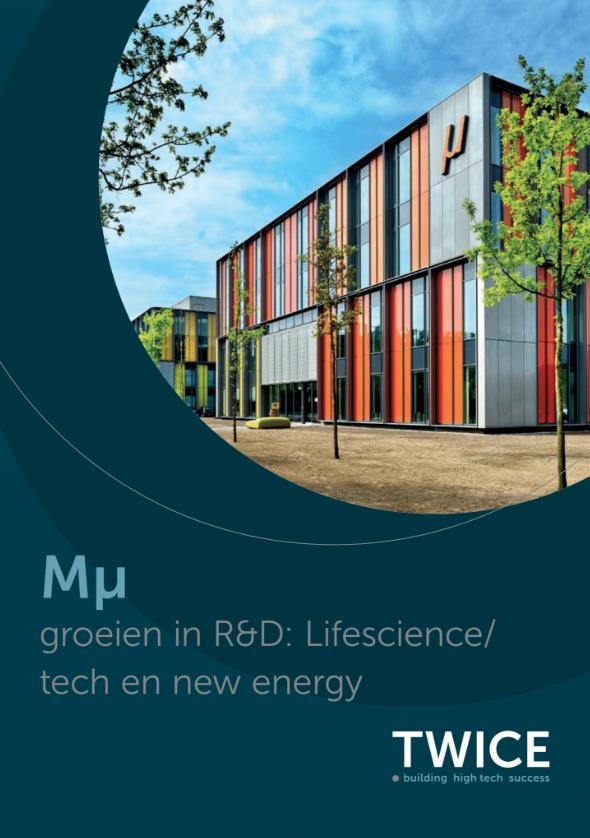Lux? Dat zegt je waarschijnlijk niets. Lux is de hoeveelheid van licht. In dit blog legt Maarten Voorhuis van Sparckel (gevestigd in hub Mu) het precies aan je uit.
Ken je dat gevoel als je ’s ochtend je huis verlaat en zo een zonnige dag instapt? Je ogen knijpen even en vrij snel voelt het als normaal. Je gaat van donker naar licht. En dat is een hele grote overgang, want een zonnige dag bevat snel 50.000 lux. Daar moeten je ogen even aan wennen, want binnen in je huis is er vaak 1.000 keer minder licht. Enorme verschillen dus.
En ken je het gevoel van een zeer bewolkte dag buiten? Druilerig licht, gevoelsmatig wat donker, maar tegelijkertijd heeft ook dat licht een effect van ‘wakkerder worden’ voor je lichaam. Dan is er zo’n 1.000 lux buiten! En dat is wat onze biologische klok minimaal nodig heeft.
Maar – helaas – brengen we de meeste tijd van onze dag binnen door. En op kantoor is de lichtnorm 500 lux. Daadwerkelijk krijgen we de helft daarvan (250 lux) op onze ogen. Klein rekensommetje geeft dan weg dat we eigenlijk 4 keer meer licht nodig hebben dan dat we nu krijgen. Trekken we de vergelijking met thuis, dan wordt het nog minimaler. We willen daar sfeerlicht dat zacht is op je ogen en dat betekent dat je thuis gemiddeld 10 keer minder licht op je ogen krijgt. Met alle gevolgen van dien. Een lichttekort doet iets met je biologische klok onder andere een slechtere nachtrust en een effect op je gemoedstoestand. Ervaar je dat voor de lange termijn, dan kan dat depressies, burn-outs en andere mentale toestanden in de hand werken.
Niet goed dus. We moeten overdag minimaal 1.000 lux op onze ogen krijgen en onze persoonlijke missie is om dat voor iedereen te realiseren. We moeten onze ogen foppen door ze te laten denken dat we buiten zijn – dat is pas mooi voor onze gezondheid!
Als je precies wil weten hoe dit bij jou zit, moeten we dat meten. Je kent de stappenteller op je telefoon wel, je hebt hetzelfde idee voor licht. Een luxmeter die gedurende de dag meet hoeveel licht je binnenkrijgt, zo kun je bewust naleven dat je portie dagelijks daglicht voldoende is!





